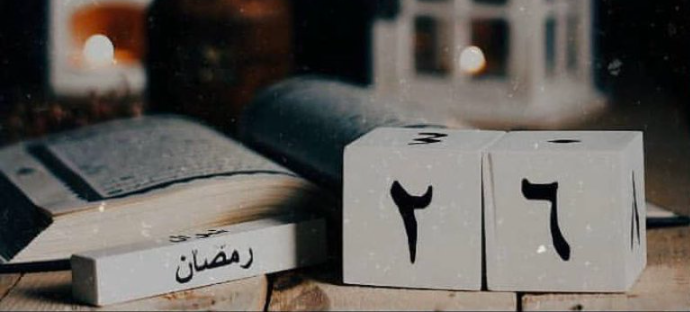Significance of the Friday Prayer
The Prophet Muhammad (peace be upon him) said: “The best day on which the sun has risen is Friday”. It was on a Friday that Adam, the first man, was created, and it will be on a Friday that all of mankind will be brought to Judgement. On this special day, the usual midday prayer is replaced with the Friday prayer, or ‘Salat al-Jumu’ah’ in Arabic. This prayer can only be offered in congregation, which is something that differentiates it from the usual daily prayers that can also be prayed alone. The Quran mentions “O believers! When the call to prayer is made on Friday then proceed to the remembrance of Allah and leave off business. That is best for you, if only you knew” [62:9]. Friday prayers are an obligation on Muslim men, whilst optional for women.
Before attending the Friday prayer, Muslims are encouraged to take a shower, cut their nails, use a ‘miswak’ (tooth cleaning stick), wear nice clothes, and for men, to wear perfume. Cleanliness is very important in Islam, such that it has been mentioned in the Quran and Hadith (sayings of the Prophet Muhammad PBUH) many times. The Friday Prayer itself occurs after the sun has passed its zenith and the call to prayer is given. To begin, two ‘khutbahs’ (sermons) are given by the Imam (leader of the prayer). As the Imam stands and faces the seated congregation, he eloquently reminds them of their worship to Allah (God) and can address relevant issues. During the sermons there is complete silence from the worshippers, allowing everyone to attentively listen to the Imam. As the sermons conclude, the congregation is called to stand up for the prayer, whereby everyone stands shoulder to shoulder in rows behind the Imam.
Alongside the Friday prayer, there are many recommended acts Muslims may carry out to make the most of this blessed day, some of which include increasing in their supplication to Allah, especially in the last hour of the day where it is believed that supplications are answered, sending salutations upon the Prophet Muhammad (PBUH) and reciting specific chapters of the Quran such as surah Kahf [‘The Cave’ chapter in the Quran].
No matter the age, race, status or what job one may have, all are seen as equal by Allah as they stand side by side in their rows, all carrying out the same actions, present for the same purpose.
source :
 أرسلها على تطبيق الواتساب
أرسلها على تطبيق الواتساب 